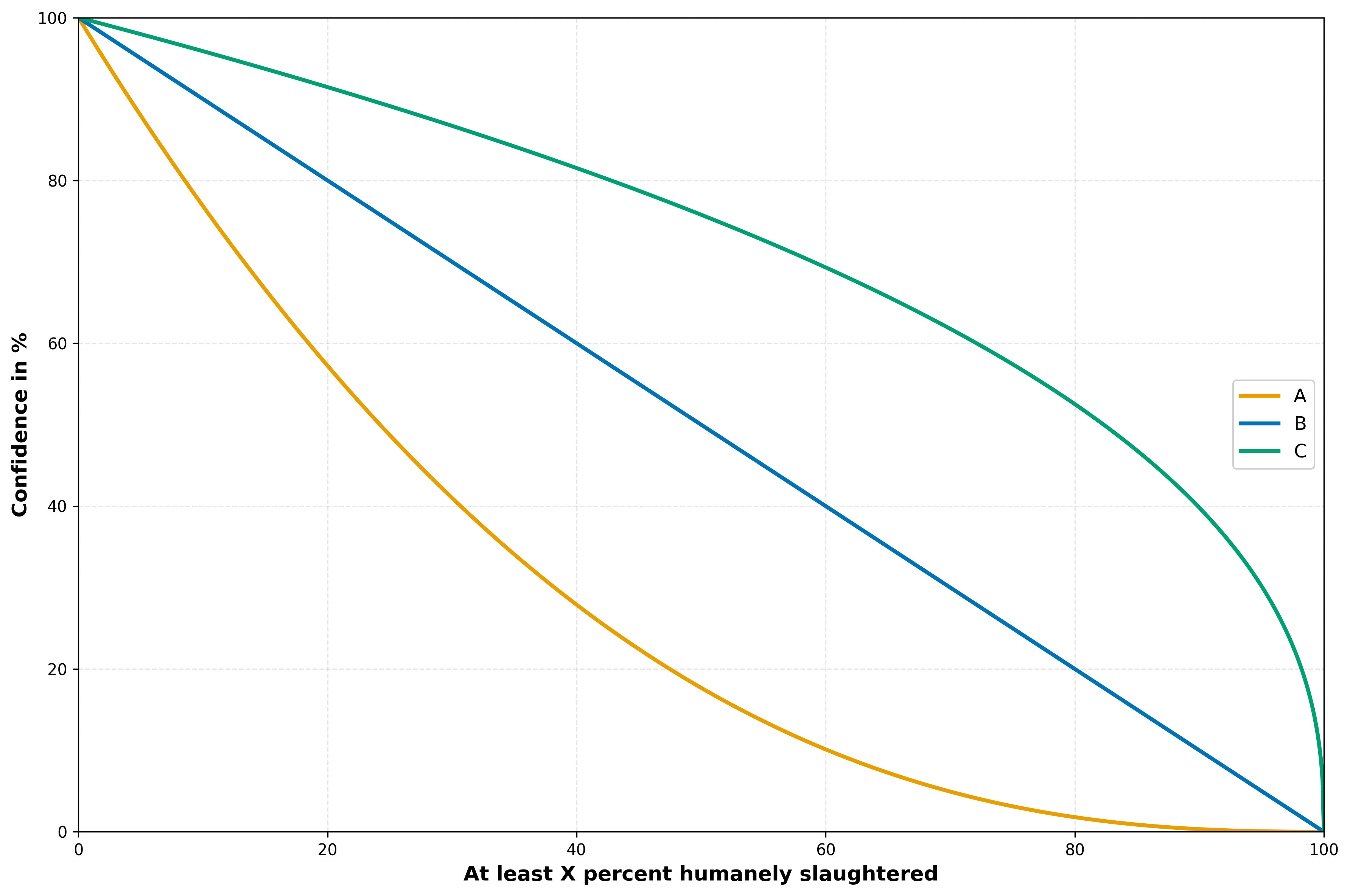
Johannes Pichler 🔸
Bio
Participation4
Hi, I'm Johannes. I live in Vienna and study Physics at the University of Vienna. I work at Sentient Futures (formerly AI for Animals) as a Community Lead, focusing on animal advocacy and ensuring positive outcomes for sentient beings including animals and digital minds.
I've been involved in the EA community since 2022 and served as Community Builder for EA Austria. I'm currently on the EA Austria board and volunteer for Hive, where I moderate the wild animals channel. I've co-founded Effective Animal Advocacy Austria and Screwworm Free Future, an initiative to eradicate the New World Screwworm from Latin America.
How others can help me
I am relatively new to community building and would like to learn more. If you have any resources, I would be very grateful.
How I can help others
I have quite a lot of experience in Effective Animal Advocacy (EAA) and am happy to share my knowledge and resources with others. If you have any questions about EAA, please write to me.
Posts 6
Comments15
Thanks for sharing this. It is the first time for me to hear about this dynamic pledge.
You mention giving 10 percent once you earn the median income in your city, and 60 percent once you earn double the median. Have you also thought about what you would give between those two points, when you are earning more than the median but not yet double it? Would you keep giving 10 percent until you hit the higher threshold, or do you have a gradual plan in mind?
Thanks for writing this insightful piece.
Is there any reason why you haven't mentioned farmed honeybees or cochineals? At any given time, there are more than a trillion managed honey bees, and the farming of cochineal directly causes 4.6T to 21T additional deaths, primarily of male and female cochineal nymphs, and adult male cochineals.
Thanks Aaron for this really insightful and thoughtful post. The scale of ambition here is truly promising!
I have a question about the confidence in the effectiveness of the humane slaughter implementations: For a given stunner installation, how confident are you that at least X% of those shrimps are actually being humanely slaughtered?
I'm thinking about this in terms of the curves shown in the attached graph:
- Curve A: Lower confidence
- Curve B: Medium confidence
- Curve C: Higher confidence
- Less confident than A
- More confident than C
- Something else, mix of options, etc.
Which curve best represents your current confidence in the effectiveness? I imagine this relates closely to your focus on "increasing confidence" through better implementation, monitoring, and measurement & evaluation that you mention in the post.

Thanks for sharing this comprehensive guide, Kevin, Sofia and Kyle! I wanted to respond to your questions based on my experience with EA Austria community building over the past year and co-initiating an Effective Animal Advocacy group with you, Kevin and Therese two years ago.
What problem did it solve for me?
I was doing street activism but found myself questioning, "Is this really effective?" Learning about effective animal advocacy through our community helped me focus both my career and donations more strategically. It gave me the frameworks and knowledge I needed to move from activism based on intuition to impact-driven work.
What made it worth returning to?
The combination of monthly socials (game nights, dinners, picnics) and topic-based events (discussions, workshops, lightning talks) created a space that never felt like work. Many people who came to these events became close friends. It's meaningful time with people I enjoy, where we have helpful discussions about effective animal advocacy. That blend of social connection and substantive conversation is what keeps bringing me back.
An underrated tip:
Community is bidirectional—it's about both giving and taking. While I can provide resources, connections, and advice to others, I can also reach out when I need help. Creating a culture where it's normal to both contribute and ask for support has been crucial for making the community sustainable and genuinely valuable.
How we handled a hard moment:
With EA Austria, we had to remove someone from the group for six months because other members felt uncomfortable around them. This was one of the most difficult and energy-consuming decisions I've made as a community builder. The biggest mistake was waiting too long. We saw multiple signs—people stopped attending events when they knew this person would be there—but we hesitated to act.
My advice to other community builders: If a member's behavior is causing others to disengage or avoid events, address it quickly. Find a solution that protects the broader community's wellbeing, even if it means asking someone to leave. Acting sooner would have prevented more people from having negative experiences and saved everyone involved significant stress.
Thanks for this update!
Over 440 billion shrimps are farmed annually, over five times the total number of all farmed land animals.
I'm a big fan of SWP's important work. Just a pedantic note on the framing: while 440 billion farmed shrimp is indeed massive, the claim that this is 'over five times the total number of all farmed land animals' doesn't quite hold when including insects. According to Rethink Priorities' 2020 report, 1-1.2 trillion insects are farmed annually for food and feed, more than 2x as many as shrimps.
Given this scale and the rapid industry growth, are there any insect welfare initiatives in AIM's pipeline, or is this an area AIM is considering?

Thanks for answering, makes sense.
@Philip Popien took the "Progressive Pledge", whereby he gradually increases his pledged percentage upon any salary increase.